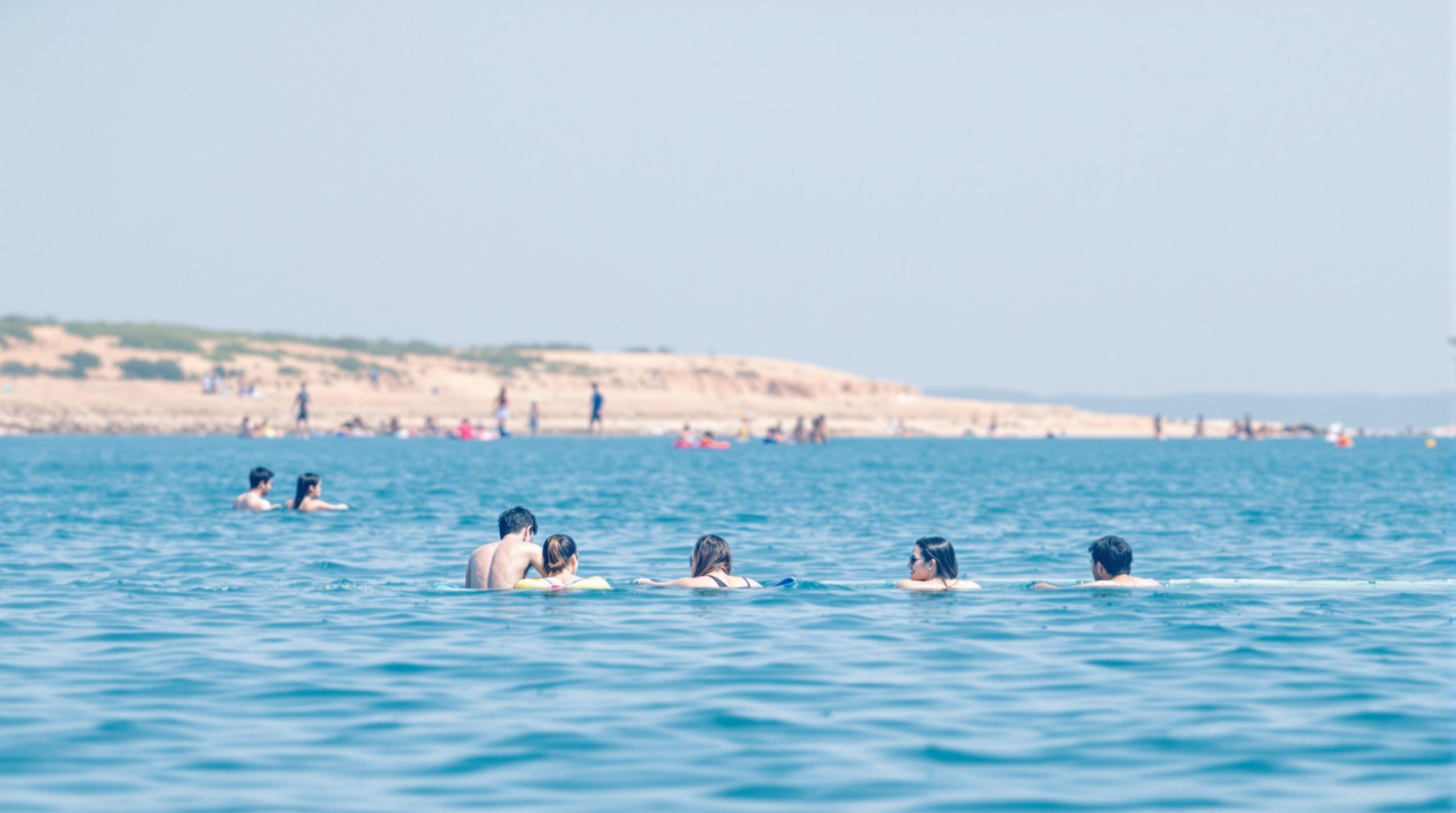A bipartisan effort to protect the Chesapeake Bay took another step forward when the Chesapeake National Recreation Area Act was reintroduced on April 17, 2025, proposing to establish a network of preserved lands under the National Park Service. A published report indicates the legislation outlines voluntary participation for landowners and reassures that crabbing, fishing, and boating face no additional federal constraints, while supporters say it could unify diverse regions around the nation’s largest estuary through coordinated conservation and public access initiatives the coverage.
The bill is led by Sens. Mark Warner, Tim Kaine, Angela Alsobrooks, and Chris Van Hollen, reflecting collaboration across state lines to safeguard cultural, economic, and ecological interests. Earlier versions advanced in the Senate yet stalled in the House, and observers hope the latest reintroduction will spark broader enthusiasm.
Proponents emphasize that participation remains purely optional for any landowners considering enrollment in the National Recreation Area. Under the new measure, property holders could join existing parklands in a far-reaching protected area, without imposing new restrictions on crabbing, fishing, or boating. Backers say this approach weaves identified parcels into a coherent network that highlights the Bay’s unique natural and cultural identity.
The potential economic effects of a consolidated recreation area factor prominently in discussions. According to the same coverage, Virginia’s national parks in 2023 generated $2.78 billion in economic output and sustained more than 21,100 jobs, while outdoor recreation contributed $13.4 billion to the state’s gross domestic product. Advocates contend that expanded recreational offerings in tandem with strategic conservation measures could spur growth in both Virginia and Maryland.
Some leaders also underscore how the Chesapeake Bay holds the stories of Indigenous tribes, early colonial settlements, and maritime industries. They say that safeguarding these sites, preserving wetlands, and monitoring blue crab populations can bolster a central cultural asset for future generations. They add that efforts to bridge the “Nature Gap” could further benefit local communities that currently lack outdoor resources.
Sen. Mark Warner offered his support, stating, “The Chesapeake Bay is at the cultural heart of so many Virginia communities and serves as an economic driver for the commonwealth as a whole,” and, “This will not only help to preserve the rich history of the bay but will ensure that it can be restored and protected for years to come.”
Sen. Tim Kaine referred to the region as “deeply embedded in the history, ecology, and economy of Virginia,” and encouraged residents to “cherish the beauty of the bay.”
Sen. Angela Alsobrooks added, “It is past time that we officially establish the Chesapeake National Recreation Area,” and, “We know the Chesapeake Bay is the heart of Maryland but it is so much more — rich with history and wildlife, an economic driver for our state, and the home to our beloved blue crab.”
In a statement from the Hispanic Access Foundation, poll results showed that 84% of Latino voters in Delaware, Maryland, Washington, D.C., and Virginia support creation of such a recreation area. The organization asserts that unifying new and existing parks under a National Recreation Area would increase public access to the bay and help fund its restoration.
Maite Arce, president and CEO of the Hispanic Access Foundation, wrote: “The CNRA Act proposes the unification of new and existing parks in the Chesapeake Bay, which would increase public access to the bay for local Latino communities and help fund its restoration. A recent poll showed Latinos in Delaware, Maryland, Washington, D.C., and Virginia strongly support the CNRA. Polling indicates that 84% of Latino voters in these states would support the creation of the CNRA. Lack of access to nature and the outdoors is especially acute in mid-Atlantic states. Throughout the Chesapeake watershed, communities of color are more than three times as likely to live in a nature-deprived area than other communities. Bills like the CNRA Act that protect nature close to our communities are critical for closing the Nature Gap and creating equitable access to nature’s benefits, as well as honoring our region’s diverse heritage. The Chesapeake Bay is the largest estuary in the U.S. and is rich with history, culture, and biodiversity, and beloved to coastal and inland communities throughout the mid-Atlantic region. Establishing the CNRA would enhance protections for the Bay’s fragile ecosystems, improve water quality, and support habitat restoration for hundreds of species of fish, birds, and wildlife. This initiative would also help mitigate the effects of climate change by preserving natural buffers like wetlands and forests, which absorb floodwaters, reduce storm surges, and capture carbon. As environmental threats intensify, a coordinated, federally supported effort like the CNRA is crucial to ensuring the long-term resilience of the Chesapeake Bay and its surrounding communities.” her statement.
Beyond potential legislation, local operators in campgrounds or RV parks can support the bill’s conservation ideals by installing water-saving fixtures, exploring solar energy installations, and using permeable surfaces for walkways and parking areas. A recognized hospitality industry study suggests that installing low-flow showerheads and dual-flush toilets can lower water consumption by over 30%, boosting sustainability while reducing operational costs. These measures can help preserve waterways near the Chesapeake and reinforce broader commitments to conservation.
Providers may also bolster inclusivity by offering multilingual signage, youth-oriented programs, and accessible facilities for travelers of varying abilities. According to a reputable tourism report, implementing multilingual signs and accessible paths can raise visitor satisfaction and encourage repeat stays. By aligning these efforts with the legislation’s emphasis on equitable access, businesses can welcome new audiences to appreciate the Bay’s natural and cultural heritage.
Observers believe that if the Chesapeake National Recreation Area Act moves forward, it will better protect fragile ecosystems, foster outdoor engagement among diverse communities, and strengthen economic vitality across the region.


